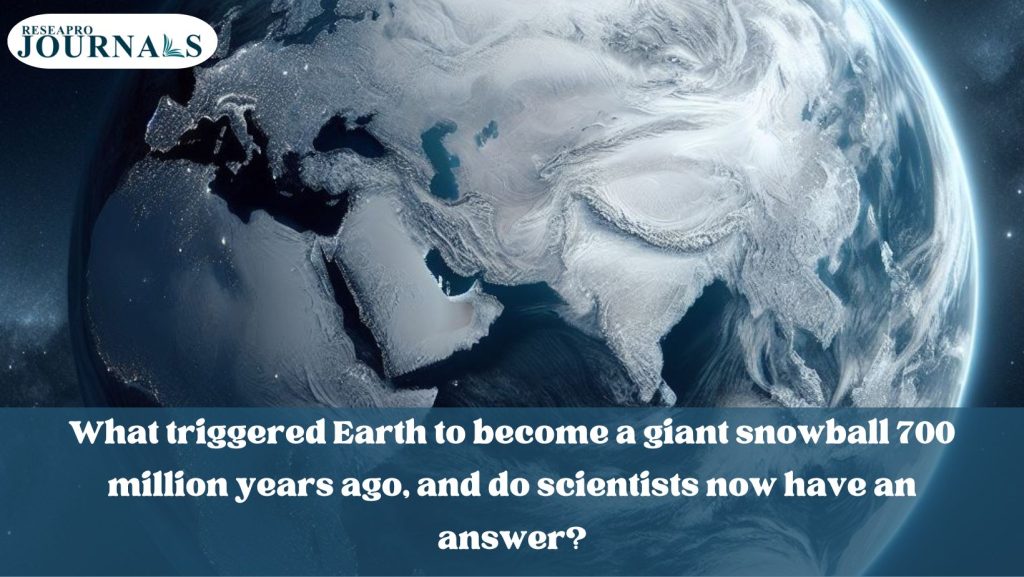
The giant snowball Earth event 700 million years ago was triggered by all-time low volcanic carbon emissions, leading to a 57-million-year-long global ice age. Scientists now believe that the reduction in volcanic activity resulted in decreased levels of carbon dioxide in the atmosphere, leading to a significant cooling effect. This prolonged glaciation period, known as “Snowball Earth,” had profound impacts on the planet’s climate and environment, shaping the course of evolution. The discovery sheds light on the intricate dynamics of Earth’s climate system and provides valuable insights into past climatic extremes and their effects on planetary conditions.

